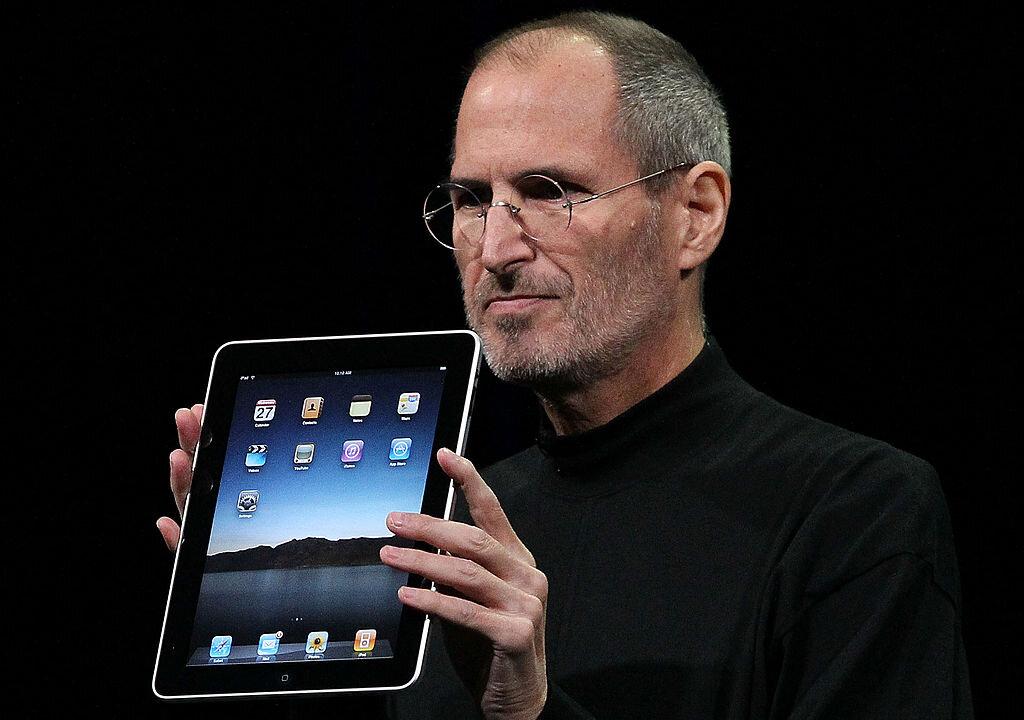 By Mariel Otero del Río
By Mariel Otero del Río
How addicted are you to your cellphone? How much time do you spend in front of a screen? Would you let your children do the same? Steve Jobs thought it was not a good idea, so he did not let his children use iPads and iPhones, and technology in general.In 2010, a New York Times reporter had a conversation that revealed a lot about the life of the founder of Apple. Nick Bilton commented, “Your kids must love the iPad, right?” after the launch of the device. Jobs replied: “They haven’t used it. We limit the amount of technology our children use at home.”





